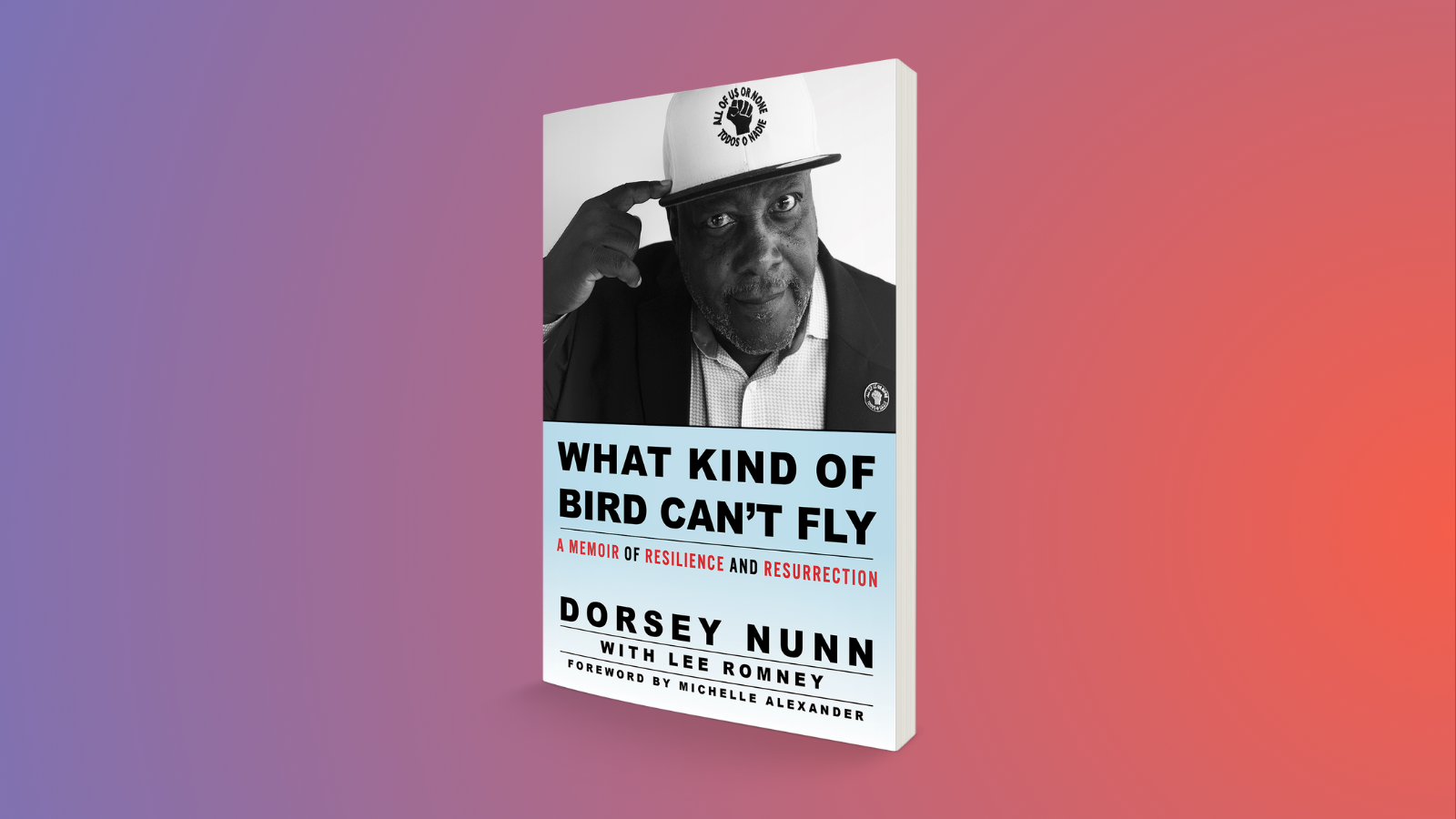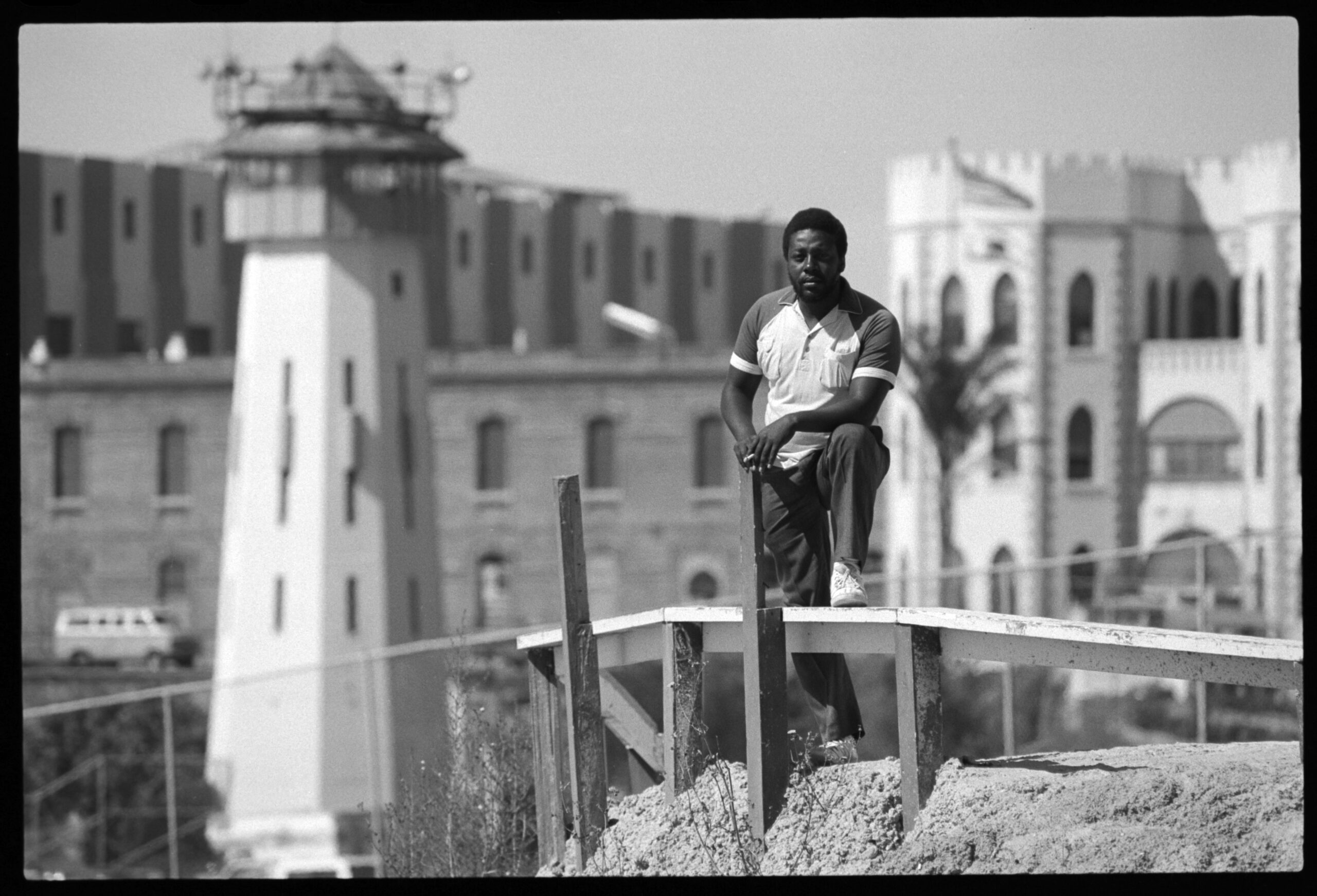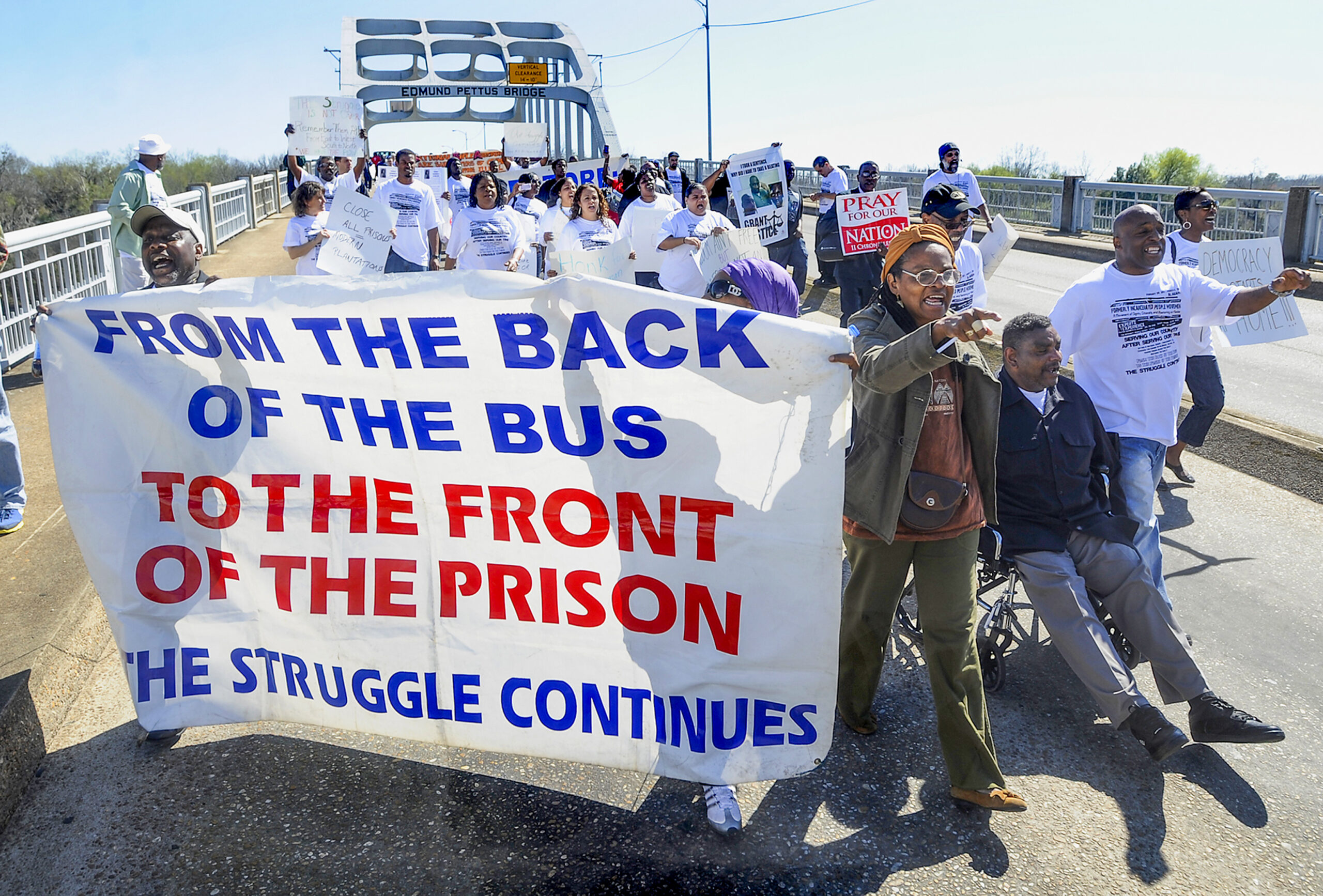A Leader in the Movement for Prisoners’ Rights Shares Telling Insights in New Memoir Centering Solidarity and Resistance
Dorsey Nunn shares his meteoric origin story, tracing how his time spent in prison became a catalyst for the nationwide movement he nurtured to restore dignity and justice to the currently and formerly incarcerated.
“Whoever wants to assuage their doubts that radical change is possible—from the level of the individual to that of law, culture, and society—should make time to read Dorsey Nunn’s extraordinary memoir. Follow him and those with whom he makes community as they do the formidable work of transforming themselves, while fashioning a new world out of their tears and laughter where all—including those banished to prisons—are equally welcome.”
—ANGELA DAVIS, political activist and author of Are Prisons Obsolete?, Abolition Democracy, and Freedom is a Constant Struggle
BERKELEY, CALIF. — After serving over a decade in the California state prison system, Dorsey Nunn emerged fueled by the fight for reform and redress. Empowered by mentors both inside and outside the prison walls, Nunn poured his considerable energies and insights into organizing system-impacted people for sweeping change. As a cofounder of All of Us or None, a nationwide civil and human rights organization, Nunn has successfully fought to raise awareness around involuntary servitude behind bars, strengthen families during and after incarceration, and reduce employment and voting barriers for reentering people. What Kind of Bird Can’t Fly: A Memoir of Resilience and Resurrection is his remarkable story.
“Like just about everyone I grew up with, I graduated from street thug to prisoner just in time to experience one of the most violent decades in California prison history,” says Nunn, “But this isn’t a prison memoir. And it’s not a personal redemption story, though I’ve done alright on that front. This book is about camaraderie, commitment, and grassroots organizing.”
Written with former LA Times reporter Lee Romney, What Kind of Bird Can’t Fly follows Nunn’s story from his upbringing in East Menlo Park through lockdown in San Quentin to the purpose he found in the decades following his release. Detailing along the way the structures of oppression and sources of inspiration from which Nunn would derive his revolutionary political outlook, this memoir underscores the urgency of restoring and fortifying the civil rights of the currently and formerly imprisoned, from humane living conditions and fair pay inside to access to the presumption of rehabilitation upon completion of a sentence. Influenced by philosophies of the Black power tradition and informed by his own firsthand experiences, Nunn chronicles the traumas and triumphs of his life’s work uplifting the voices of those who have been dispossessed by the criminal legal system, including the campaign to shift public consciousness during the high watermark of the U.S.’ “tough-on-crime” policy era. Anchored throughout is Nunn’s commitment to combat systemic racism and to empower every human being coming out of cages to become the architects of their own liberation.
“The vital grassroots, movement-building work to which Dorsey has dedicated his life has touched and changed countless lives,” writes Michelle Alexander in her foreword to the book, “and demonstrated the brilliance, creativity, and resilience of the very people that our nation has treated as disposable.”
“Dorsey Nunn is one of the grand love warriors and freedom fighters of his generation!
Don’t miss his powerful and poignant story of tragedy and triumph!”
—CORNEL WEST, philosopher and author of Race Matters and Hope on a Tightrope: Words & Wisdom
Advance Praise for What Kind of Bird Can't Fly
“Dorsey Nunn’s memoir is well-written, compelling, moving and honest. It is a story about Dorsey, but because Dorsey knows more deeply than most that nothing good we do is done alone, it is also an ode to so many others who have walked this path with him all these years. While it is a book about the devastation wrought by one of the most death-making institutions in our nation, it has far more heroes in it than villains, and far more hope than despair.”
—DANIELLE SERED, founder and director of Common Justice, author of Until We Reckon: Violence, Mass Incarceration, and a Road to Repair
“Raw, riveting, and revealing sums up What Kind of Bird Can’t Fly. It is a front row seat to the author’s transformational journey through pain, anger, and hopelessness to emerge with an iron clad resolve to love and advocate for those who society considers the least. While his approach may seem raw, brutal, or even vulgar, Dorsey cajoles the reader, as he does those who come in contact with him, to understand the birthing environment that leads a person towards incarceration, and to take a deeper look at our carceral system while recognizing the humanity of those trapped in its vicious grips.”
—DESMOND MEADE, Executive Director of the Florida Rights Restoration Coalition
Media Contact:
Kalie Caetano
Marketing & Publicity Director, Heyday
For review copies, feature interest, and interview and image requests, get in touch: publicity@heydaybooks.com.
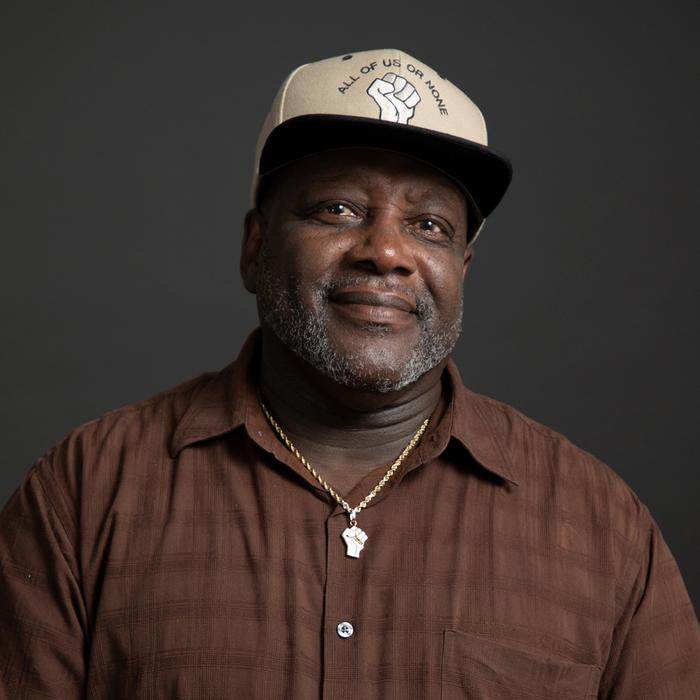
Dorsey Nunn began advocating for the rights of California prisoners and their families while incarcerated. As codirector of Legal Services for Prisoners with Children (LSPC), in 2003 he cofounded All of Us or None (AOUON), a grassroots movement of formerly incarcerated people working on their own behalf to secure their civil and human rights. AOUON is now the policy and advocacy arm of LSPC, which Nunn has led as executive director since 2011. Collective victories include ending indefinite solitary confinement in California, expanding access to housing and employment for formerly incarcerated people, and restoring the vote to those on parole and probation.
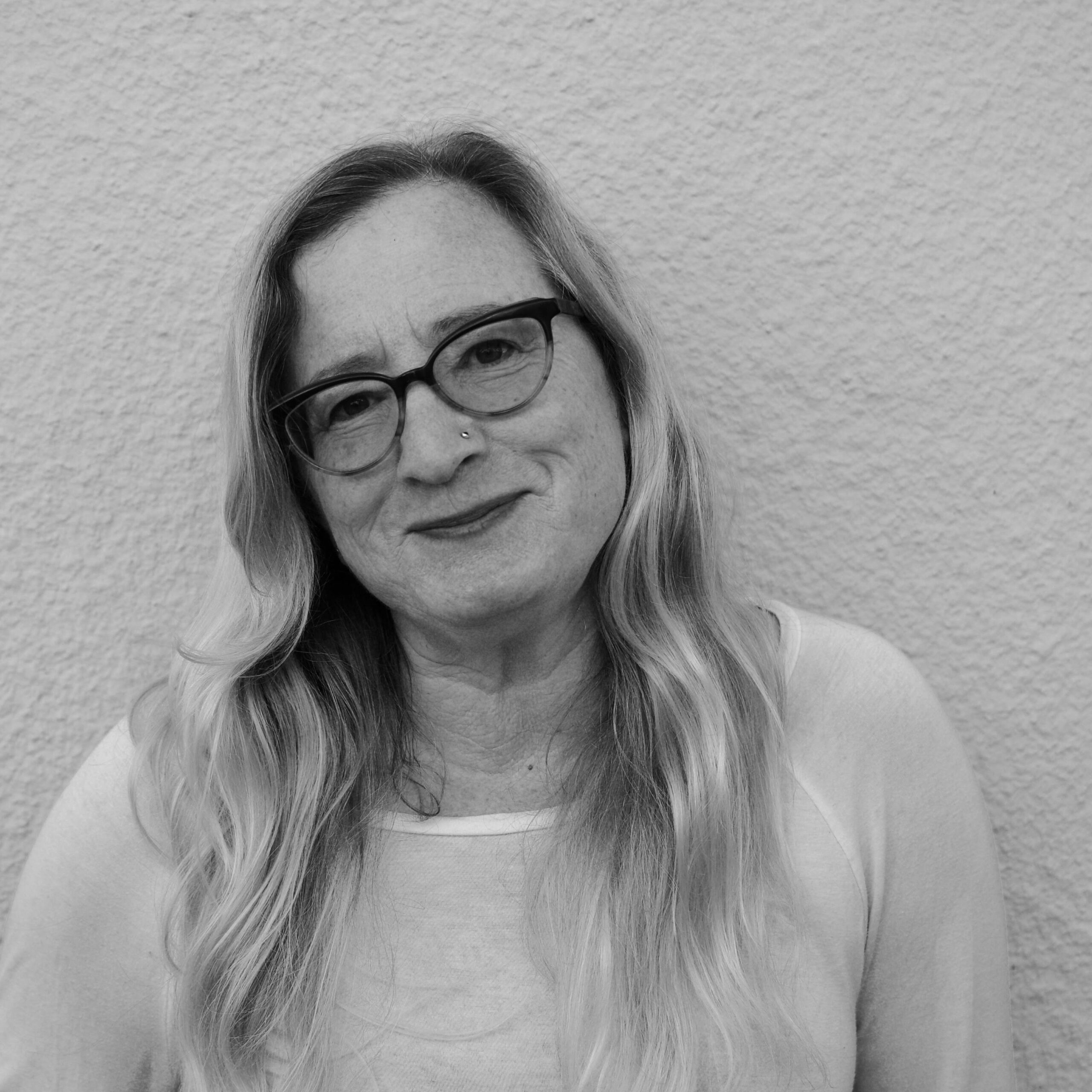
Lee Romney spent twenty-three years as a reporter at the Los Angeles Times, where she developed expertise in criminal justice and mental health. She is currently collaborating with a former public defender on the podcast November in My Soul.

